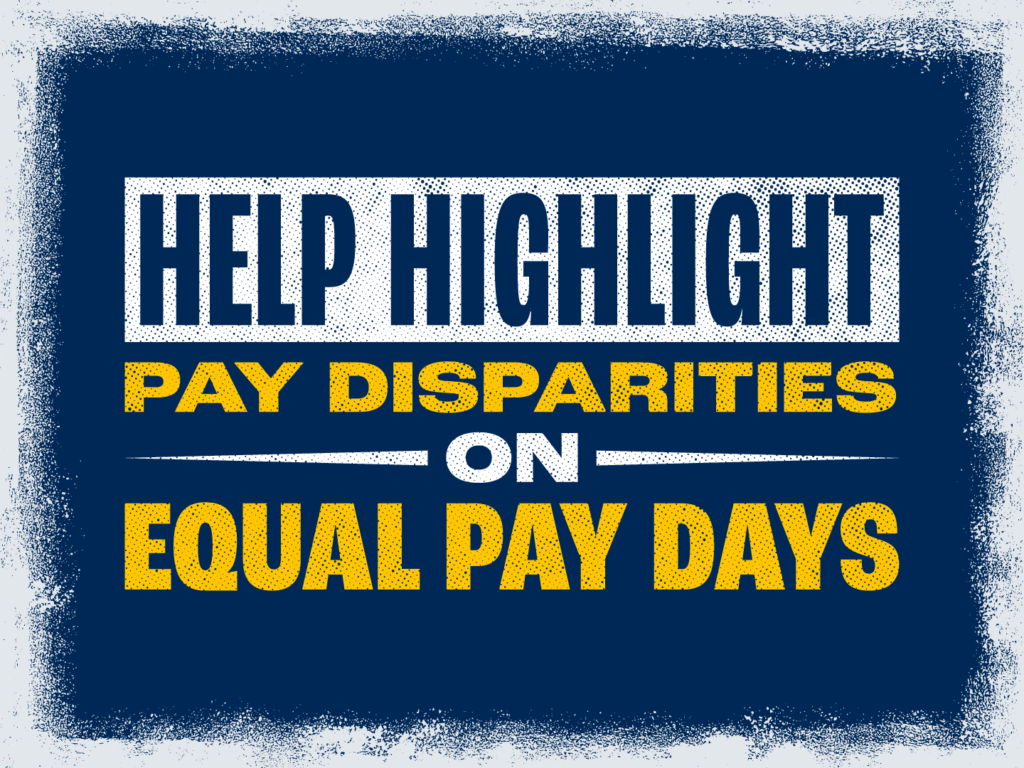Help us highlight pay disparities on Asian American, Native Hawaiian and Pacific Islander Women’s Equal Pay Day (AANHPI), which takes place on Wednesday, April 3.

Asian American women working full-time, year-round are paid 99 cents and all earners (including part-time and seasonal) are paid 89 cents for every dollar paid to non-Hispanic white men. However, pay disparities are more pronounced for Native Hawaiian and Pacific Islander (NHPI) women. NHPI women working full-time, year-round are paid 66 cents and all earners (including part-time and seasonal) are paid 60 cents for every dollar paid to non-Hispanic white men.
The UFCW is a member of the board of directors of the National Committee on Pay Equity, which is calling on supporters to advocate for fair pay on Equal Pay Days. Here are some ways you can support and advocate for equal pay:
1. Raise Awareness: Share information about AANHPI Equal Pay Day on social media, in your workplace, or within your community. Educate others about the gender pay gap and its impact on AANHPI women.
2. Advocate for Policy Changes:
o Support legislation that promotes pay equity, such as the Paycheck Fairness Act.
o Engage with organizations and advocacy groups working on pay equity issues.
3. Promote Transparency:
o Encourage employers to be transparent about pay practices.
o Advocate for salary transparency within your workplace. When employees have access to salary information, it helps identify and rectify pay gaps.
4. Support AANHPI Women in the Workplace:
o Mentor and sponsor AANHPI women to help them advance in their careers and negotiate fair compensation.
5. Challenge Stereotypes and Bias:
o Be aware of unconscious biases related to race and gender. Challenge stereotypes that may affect hiring, promotions, and pay decisions.
o Promote diversity and inclusion. A diverse workforce benefits everyone and contributes to a fairer pay system.
Remember that achieving equal pay requires collective effort. By advocating, educating, and supporting AANHPI women, we can work toward a more equitable future for all.
